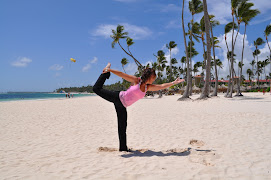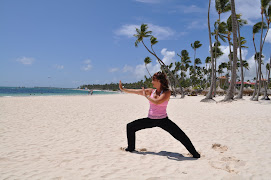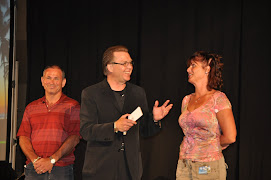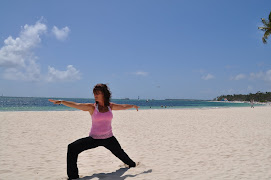Are you looking for a self-help treatment that you can give yourself? Look no farther than you local Yoga studio.
Practicing Yoga regularly revitalizes every single part of your body right down to the cellular level. Nothing quite beats Yoga as a great source of natural health care.
There are many reasons to practice Yoga. Yoga grants physical health and vitality, relief from pain and stress, emotional strength and clarity during difficult times and the list goes on and on.
Of course, not even Yoga can be touted as a cure all for everything but if I find myself needing a mental or physical boost, a little Yoga goes a long way.
How you look impacts the way you feel about your self and it goes the other way around too. One of the many blessings of practicing Yoga is a youthful appearance. Yoga poses tone your muscles much the same as isometric exercise.
When you add inner focus to your Yoga stretches, there will be little or no chance of muscle injury. Toned muscles hold your posture erect, reduce the risk of injury and give you an awesome physique.
Looking to fight the battle of cellulite? Yoga can help you to do that because rather than building muscle, Yoga builds muscle tone. Yoga stretches muscles lengthwise, causing fat to be eliminated around the cells and that is what reduces cellulite. Because Yoga helps to maintain balanced metabolism, it also helps to regulate a person’s weight.
You can help your self to look years younger than you are. The spine works as the messenger for the brain, when the spine is flexible; the flow of blood and oxygen to the brain and other organs is unrestricted.
Many poses and exercises in Yoga are aimed at keeping the spine flexible by gently moving, twisting and flexing the spine in all directions.
We all know that stress will zap your energy faster than anything. Finding ways to relax and enjoy life will bring more energy. Yoga gives you tools to turn stress into energy by allowing you to recognize the stress when it begins before it becomes too large to manage because Yoga will give you a greater self awareness.
With your higher awareness will come peace of mind and that equals freedom. Freedom from the load on our minds that we often carry unconsciously, that you will realize holds you back. Becoming aware of how your mind works is your first step to peace of mind.
After you practice Yoga for a while it may help you to overcome some self-limitations you may be placing on your self. When you are able to do that you will feel lighter and you will have an “acceptance” of your life as it is. You start to learn that challenges have their place in your life but they will not “rule” you life.
Yoga helps you realize your true potential and it encourages you to grow and improve towards that potential that is how you reach peace of mind.
To read more about Gordon and Shelli go to:
http://www.meetgordonandshelli.com
http://www.meetgordonandshelli.com




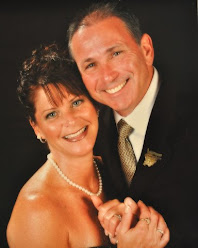
















+of+Jeff%27s+3.jpg)
